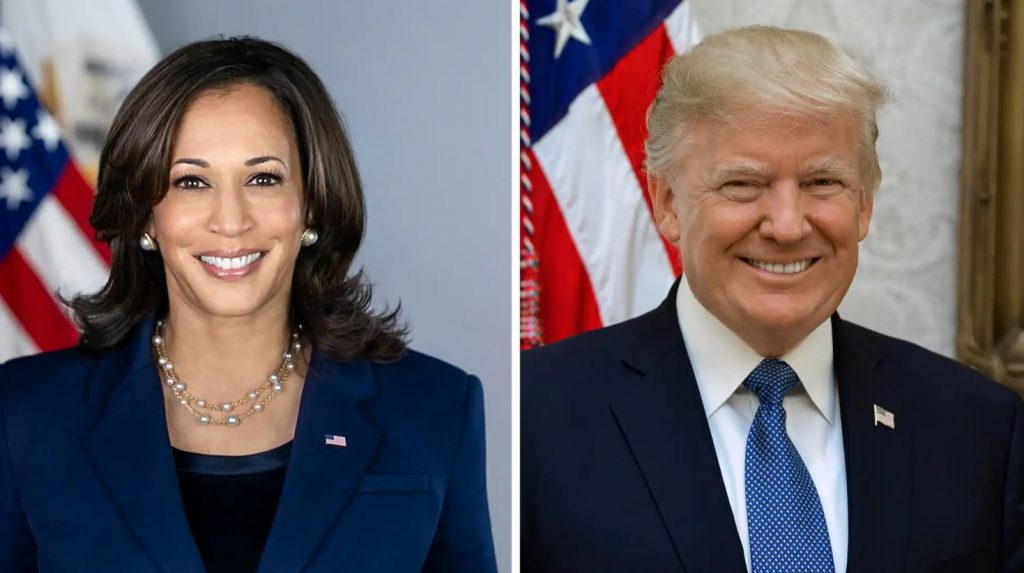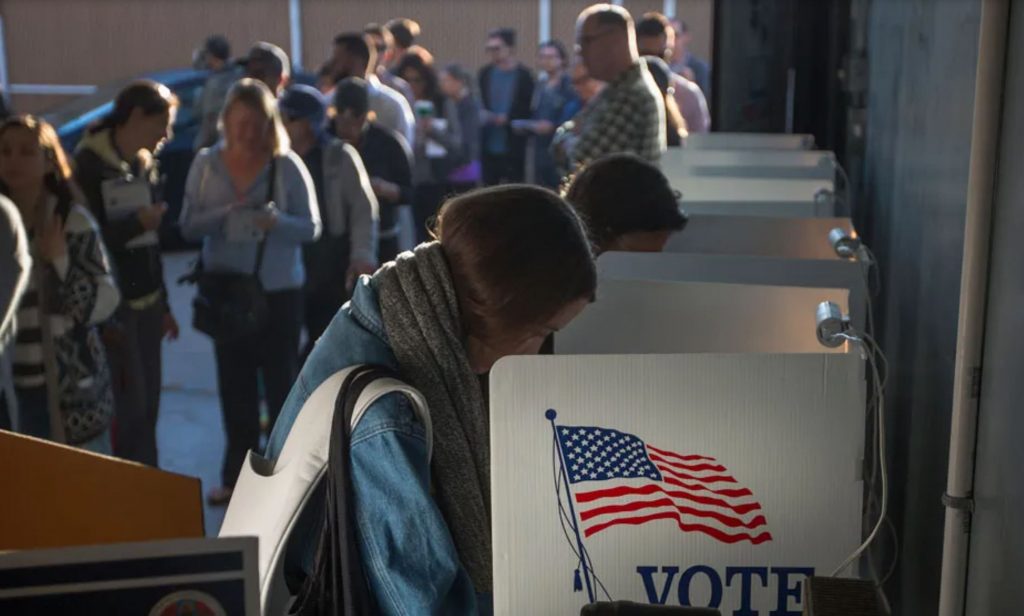
Harris Trump 2024
Georgia Could Decide Election Again as a Swing State
Georgia’s emergence as a swing state represents one of the most significant developments in U.S. electoral politics over the past decade. This transformation did not happen by chance—it was the result of grassroots organizing efforts, demographic shifts, and a changing suburban landscape.
Stacey Abrams, the former state House Minority Leader and Democratic gubernatorial candidate, played an instrumental role in making Georgia competitive. Through her organization *Fair Fight Action* and years of voter mobilization work, Abrams laid the foundation for the state’s dramatic shift from red to purple.
The 2020 election was a watershed moment for Georgia. Joe Biden narrowly defeated Donald Trump by 12,670 votes, flipping the state blue for the first time since 1992. The narrow win was credited in part to record voter turnout, especially among Black voters and younger suburban residents around Atlanta. Abrams, who lost the 2018 gubernatorial race to Republican Brian Kemp, responded to her loss by founding *Fair Fight Action* to combat voter suppression and expand access to the ballot. This effort registered more than 800,000 new voters in the years leading up to 2020.

In addition to Biden’s victory, the two Senate runoffs in January 2021 solidified Georgia’s importance on the national stage. Democratic candidates Jon Ossoff and Raphael Warnock won, giving Democrats control of the Senate. Warnock’s victory was particularly historic, as he became the first Black U.S. Senator from Georgia. These victories underscored the impact of Abrams’ organizing efforts, especially among marginalized communities.
As Georgia nears the 2024 election in less than a week, it remains a crucial battleground. The matchup between Kamala Harris and Donald Trump reflects the state’s continued political polarization. Although the suburbs have trended Democratic in recent years, rural Georgia remains solidly Republican. Both campaigns are prioritizing Georgia’s 16 electoral votes, knowing they could determine the next president.
The political landscape has grown more complex due to new voting laws passed in 2021. These laws, which introduced stricter ID requirements for mail-in ballots and limited the use of drop boxes, have drawn criticism from voting rights advocates, including Abrams. Critics argue that the laws disproportionately affect Black and low-income voters, groups that tend to support Democratic candidates. These new restrictions quadrupled mail ballot rejections between 2020 and 2022, posing significant challenges for voter turnout in 2024.
Stacey Abrams’ influence extends far beyond her 2018 gubernatorial race. Her voter outreach efforts were pivotal in transforming Georgia from a reliably red state to a competitive battleground. Abrams and *Fair Fight Action* worked tirelessly to register voters, particularly among communities of color, and fought against voter suppression tactics. Even after facing personal electoral setbacks, Abrams’ focus on long-term systemic change reshaped Georgia’s political future.
In 2024, Abrams remains a key figure in Georgia’s political landscape, though she faces new challenges. While voter mobilization efforts continue, she and her allies are navigating a more restrictive voting environment due to the recent laws. However, Abrams’ ability to engage and energize voters—particularly younger and minority voters—ensures that her influence will remain a significant factor in the outcome of both the presidential and congressional races.
Key Factors Driving Georgia’s Swing State Status
Demographic Shifts: Rapid urbanization and migration into cities like Atlanta have altered Georgia’s political makeup. New residents, many of whom are younger and more progressive, are changing the state’s electorate.
Suburban Realignment: The suburbs surrounding Atlanta have become increasingly competitive, as shifting demographics and changing voter priorities make them essential battlegrounds.

Voter Mobilization and Suppression: Abrams’ efforts have focused on voter engagement, but new restrictive laws could dampen turnout, particularly among groups that have been key to Democratic successes.
Georgia’s evolution into a battleground state reflects broader trends in U.S. politics. Its 16 electoral votes could once again play a decisive role in the presidential election, while congressional races in the state may determine control of the House and Senate. Both parties are investing heavily in ground operations, with Democrats focused on maintaining suburban support and Republicans doubling down on rural outreach.
Stacey Abrams’ legacy as a political organizer ensures that Georgia will remain a central focus in national elections. As both parties navigate the challenges of voter engagement and legal battles, Georgia will continue to shape the future of American democracy. Whether Abrams can help Democrats overcome the obstacles posed by the new voting laws will be a critical question as the 2024 election unfolds.







